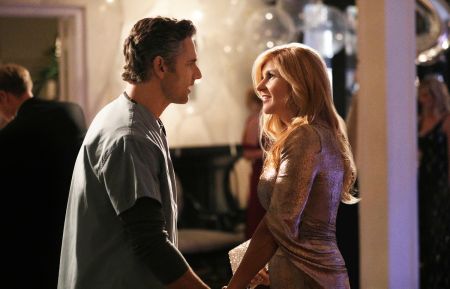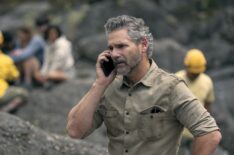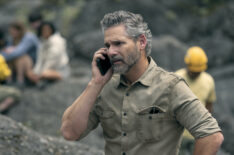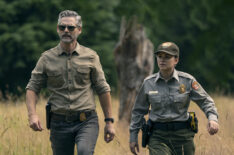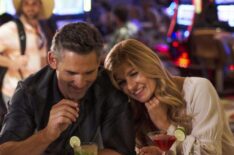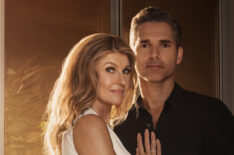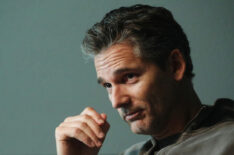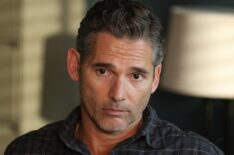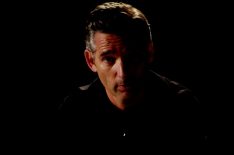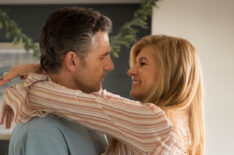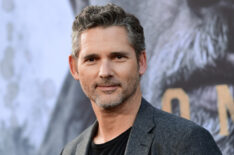Eric Bana
Credits
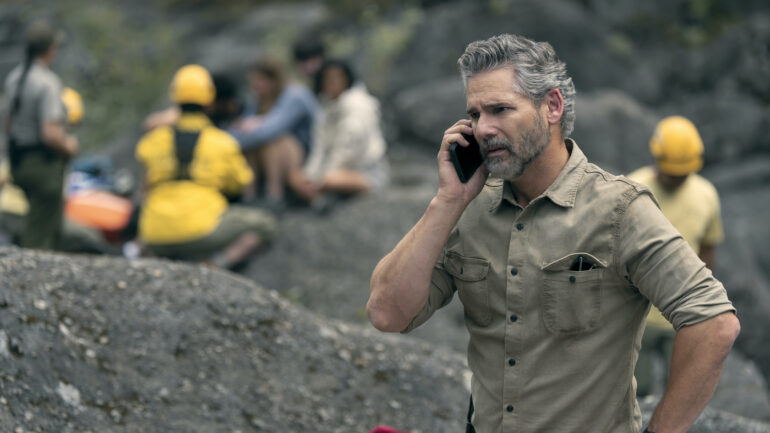
Untamed
Actor
Kyle Turner
Miniseries
2025
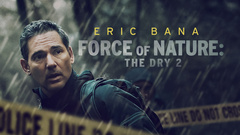
Force of Nature: The Dry 2Stream
Actor
Falk
Movie
2024

Force of Nature: The Dry 2Stream
Producer
Movie
2024

Berlin Nobody
Actor
Ben Monroe
Movie
2024
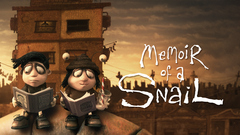
Memoir of a SnailStream
Voice
James The Magistrate
Movie
2024

Kath & Kim: 20th Anniversary Specials
Guest
Show
2023

Access Daily With Mario & Kit
Guest
Show
2022

The Dry
Actor
Show
2022

Blueback
Actor
Macka
Movie
2022

Blueback
Executive Producer
Movie
2022
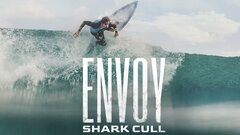
Envoy: Shark CullStream
Actor
Movie
2021

Back to the Outback
Voice
Chaz
Movie
2021

Dirty John: The Betty Broderick Story
Actor
John Meehan
Show
2020

Dirty John: The Betty Broderick Story
Executive Producer
Show
2020

The Dry
Actor
Aaron Falk
Movie
2020

The Dry
Producer
Movie
2020
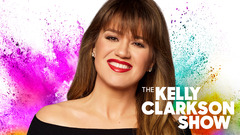
The Kelly Clarkson ShowStream
Guest
Talk
2019
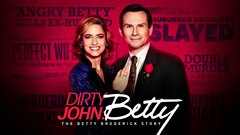
Dirty John: The Betty Broderick StoryStream
Actor
John Meehan
Series
2018

Dirty John: The Betty Broderick StoryStream
Executive Producer
Series
2018
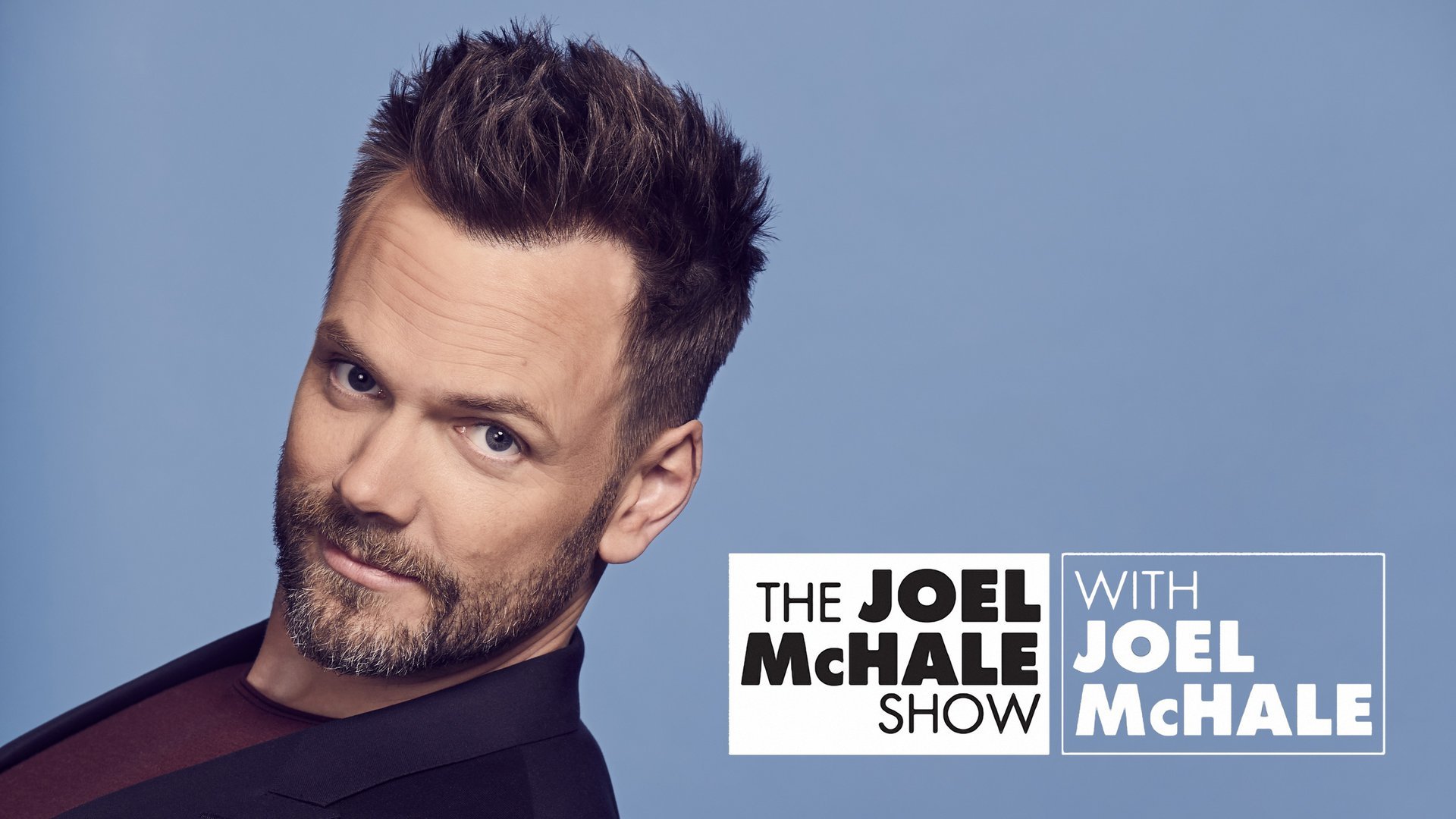
The Joel McHale Show With Joel McHaleStream
Guest Star
Series
2018

Great Barrier Reef
Narrator
Movie
2018

WB Movies All Access: The Legend of the Making of King Arthur
Self
Show
2017
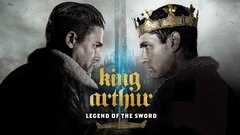
King Arthur: Legend of the SwordStream
Actor
Uther
Movie
2017
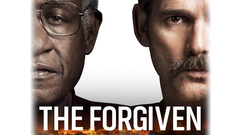
The ForgivenStream
Actor
Piet Blomfeld
Movie
2017

The Finest Hours
Actor
Daniel Cluff
Movie
2016

Special Correspondents
Actor
Frank Bonneville
Movie
2016

The Secret Scripture
Actor
Dr. William Grene
Movie
2016

The Weekly with Charlie Pickering
Guest
Show
2015

Stop Laughing... This is Serious
Narrator
Show
2015
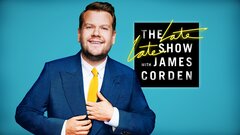
The Late Late Show With James Corden
Guest
Talk
2015

Tempest at the Drop-in
Narrator
Show
2014

The Rich Eisen Show
Guest
Show
2014
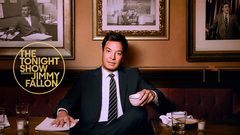
The Tonight Show Starring Jimmy FallonStream
Guest
Talk
2014
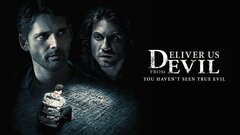
Deliver Us From EvilStream
Actor
Ralph Sarchie
Movie
2014

Paper Planes
Executive Producer
Movie
2014
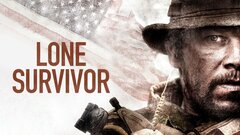
Lone SurvivorStream
Actor
Lt. Cmdr. Erik S. Kristensen
Movie
2013

Closed Circuit
Actor
Martin
Movie
2013

Entertainment Studios.TV
Guest
Show
2012
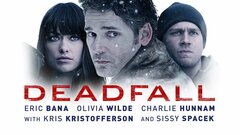
DeadfallStream
Actor
Addison
Movie
2012
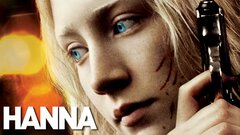
HannaStream
Actor
Erik
Movie
2011
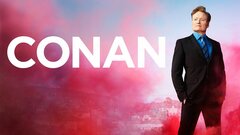
ConanStream
Guest
Talk
2010

The Talk
Guest
Talk
2010

Hanna. Sovershennoe oruzhie
Actor
Movie
2010

ES.TV
Guest
Show
2009

The Project
Guest
Show
2009
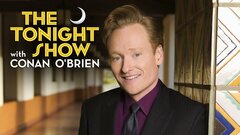
The Tonight Show With Conan O'Brien
Guest
Talk
2009
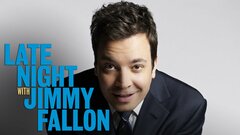
Late Night With Jimmy Fallon
Guest
Talk
2009
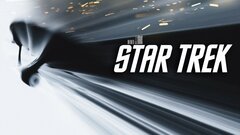
Star TrekStream
Actor
Nero
Movie
2009
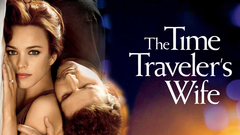
The Time Traveler's WifeStream
Actor
Henry
Movie
2009

Mary and Max
Voice
Damien
Movie
2009
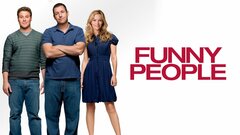
Funny PeopleStream
Actor
Clarke
Movie
2009

Love the Beast
Director
Movie
2009

Love the Beast
Producer
Movie
2009

Love the Beast
Self
Movie
2009
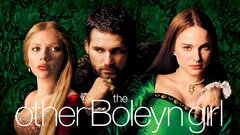
The Other Boleyn GirlStream
Actor
King Henry VIII
Movie
2008

Lyons & Bailes Reel Talk
Guest
Show
2007
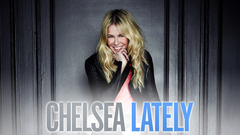
Chelsea Lately
Guest
Talk
2007
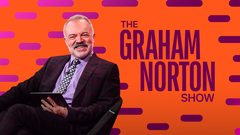
The Graham Norton ShowStream
Guest
Talk
2007
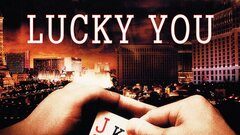
Lucky YouStream
Actor
Huck Cheever
Movie
2007

Romulus, My Father
Actor
Romulus
Movie
2007

etalk
Guest
Show
2006
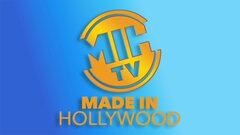
Made in Hollywood
Guest
Series
2005
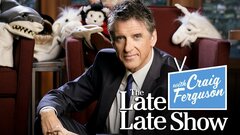
The Late Late Show With Craig Ferguson
Guest
Talk
2005
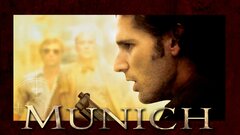
MunichStream
Actor
Avner
Movie
2005

The Insider
Guest
Show
2004
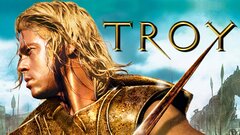
TroyStream
Actor
Hector
Movie
2004
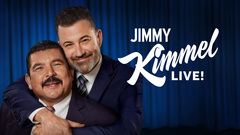
Jimmy Kimmel Live!Stream
Guest
Talk
2003
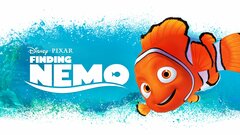
Finding NemoStream
Voice
Anchor
Movie
2003
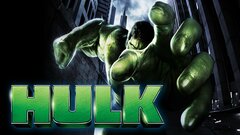
HulkStream
Actor
Bruce Banner/The Hulk
Movie
2003
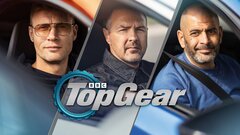
Top GearStream
Guest
Reality
2002
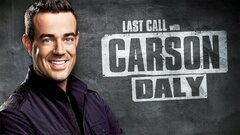
Last Call With Carson Daly
Guest
Talk
2002

The Nugget
Actor
Lotto
Movie
2002

Live With Regis and Kelly
Guest
Show
2001
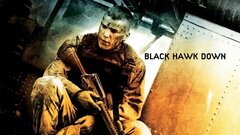
Black Hawk DownStream
Actor
Hoot
Movie
2001

Entertainment Studios.com
Guest
Show
2000

Chopper
Actor
Mark "Chopper" Read
Movie
2000

Kickin' It: With Byron Allen
Guest
Show
1998

The Castle
Actor
Con Petropoulous
Movie
1997

Entertainers: With Byron Allen
Guest
Show
1994
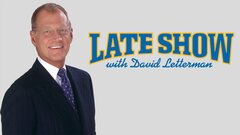
Late Show With David Letterman
Guest
Talk
1993
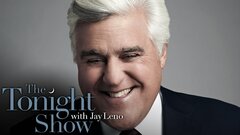
The Tonight Show With Jay Leno
Guest
Talk
1992

CBS News Sunday MorningStream
Guest
News
1979

Good Morning America
Guest
News
1975

TodayStream
Guest
News
1952
News aboutEric Bana
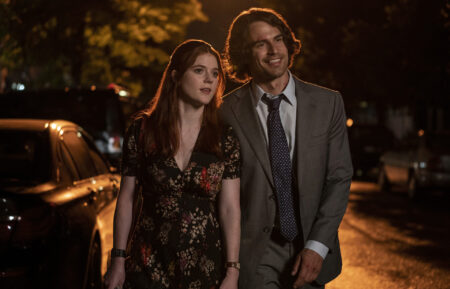
Review
Review: ‘The Time Traveler’s Wife’ Is Unwatchable
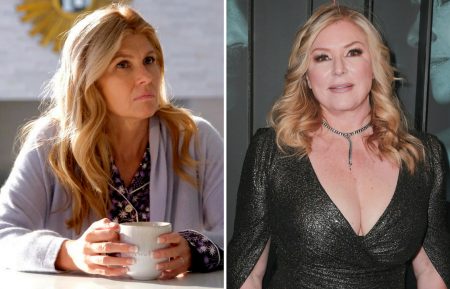
‘Dirty John’: The TV Characters vs. Their Real-Life Counterparts (PHOTOS)
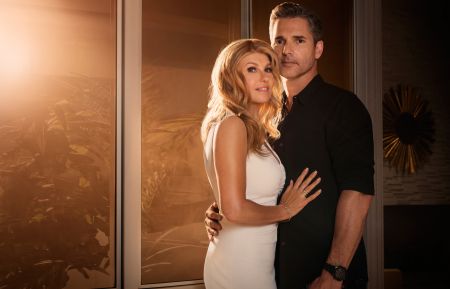
Preview
‘Dirty John’s Eric Bana & Connie Britton on How They Transformed Into Real-Life Characters
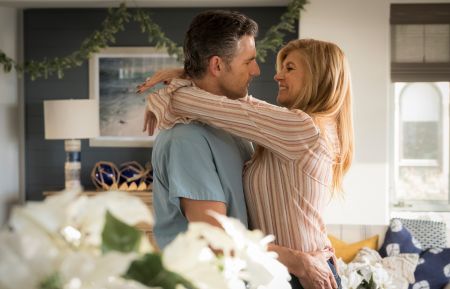
Review
Roush Review: Bravo’s ‘Dirty John’ Is a Reverse Fairy Tale of a Sociopathic Prince Charming
